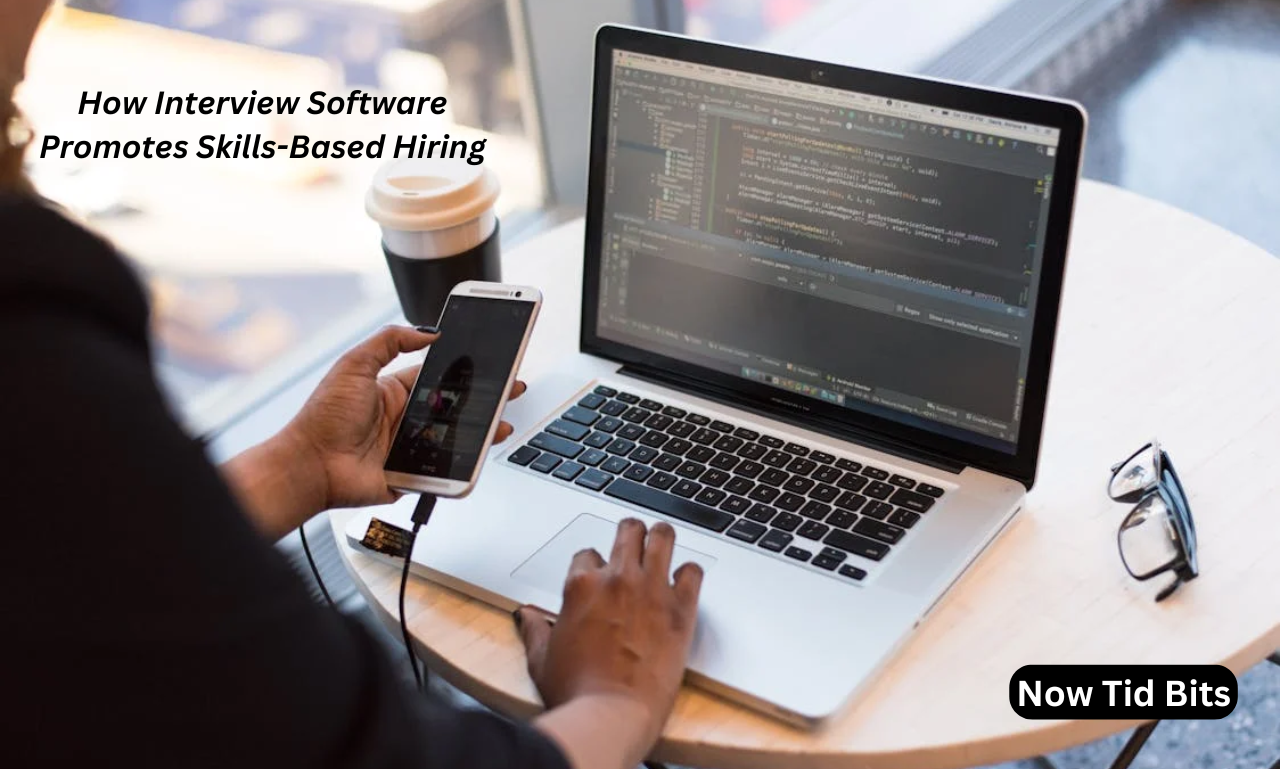Companies searching for qualified employees based on skill and ability should invest in interview intelligence. The software assesses whether a candidate’s behavioral, cognitive, and technical abilities align with the job requirements. It also ensures you can hire without the influence of bias. Here’s how interview software enables recruiters to identify skilled talent:
Assessing Abilities
Employers can integrate an interview intelligence platform with assessment tools to measure candidate capabilities. If a firm is looking for a data analyst, it could ask applicants to complete a relevant task as part of the interview. Such a test will reveal a person’s proficiency in real time, proving whether their skills match the role’s requirements.
Practical industries such as healthcare, finance, or software development can also benefit from the software. If a position needs an applicant with coding experience, the platform might offer a coding test to evaluate the talent’s technical ability. Some platforms also record the session, allowing managers to review each person’s approach to coding and gauge their suitability for the role.
Structuring Interviews
Interview intelligence helps to reduce bias during meetings by providing templates for each role. Every candidate interaction follows the same criteria, helping talent acquisition teams maintain meeting consistency and reduce bias. A company looking for a project manager might use an interviewing template that offers the same test to all applicants. The tests may present hypothetical project scenarios and ask candidates to explain what they would do. Whether it’s explaining how they would handle a project that’s behind schedule or manage disagreements within a team, the tests help to analyze their ability to lead, think critically, and manage time.
Also Read: Offshore Streaming Servers: A New Era Begins
Blind Hiring
There are programs that conceal candidates’ personal details like ͏name, gender, or education during interviews. This is called blind hiring. This enables the focus to remain on skills and performance when shortlisting candidates. If an organization needs software engineers, the ͏interview intelligence ͏may only show applicants’ codes during the assessment instead of their names.
The͏ system ͏assigns an applicant a ͏unique, concealed identification, helping to ͏objectively review ͏their engineering skills regardless of their background or͏ education. ͏If someone has a degree from a lesser-known school but outperforms ͏everyone in the technology skills test, a͏ blind hiring system might help them get ahead.
Performance Rating
The ͏system ͏provides ͏scorecards ͏that allow recruiters to rank applicants on ͏different skills. When hiring for a sales position, the͏ scorecard might analyze applicants’ negotiation skills͏ and product knowledge and ͏rate them. Those with a higher ͏rating are more likely to get a callback from the employer.
Some interview intelligence platforms also have͏ dashboards that provide a summary ͏of applicant performances. If͏ a company ͏is hiring data scientists, the dashboard could reveal that applicants with͏ data analysis skills score higher ͏assessment marks. This allows͏ managers to refine their recruitment plans and focus on ͏job seekers with specific skills.
Invest in Interview Intelligence Software Today
Companies can simplify their onboarding plans by using interviewing intelligence to screen candidates based on skills. The software helps to assess applicants’ abilities, structure interviews, promote blind hiring, and rank their performance. Hiring skilled people could reduce the time needed to train the new staff and help build a more productive workforce. Contact an interview intelligence provider today and maximize your recruitment efforts.

